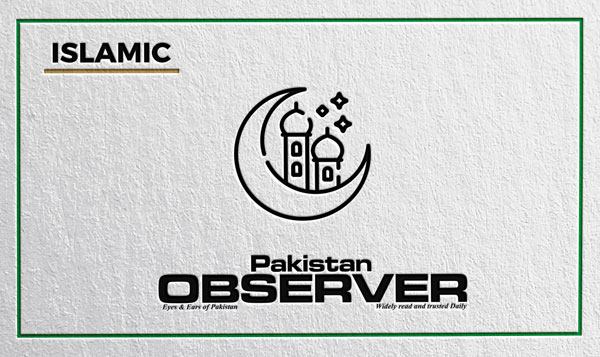ISLAMIC finance is at the crossroads of climate interchange. To put it into context, while enjoying constant growth and with a market size already amounting to US$3 trillion globally, the majority of large global Islamic financial institutions benefit from the fossil economy.
On the other hand, the world is going in a completely different direction with businesses focused on environmental, social and governance (ESG) issues.
The home countries of the four largest global Islamic banks, Al Rajhi of Saudi Arabia, Dubai Islamic Bank, NBD Emirates and Kuwait Finance House are oil-rich economies.
These financial institutions directly or indirectly rely on oil revenues for their business growth.
Similarly, Islamic financial institutions in Indonesia are also exposed to fossil-based economic activities, although on a much smaller scale.
The portfolio of Islamic banks in the mining and energy sector is limited. For instance, Islamic banking financing in the mining sector was only 9.11 trillion rupiah (US$587mil) in 2022, while national banks extended up to 237.39 trillion rupiah to the mining sector, which is dominated by coal.
The United Arab Emirates (UAE) Consensus, one of the outcomes of the Conference of Parties or COP 28 meeting in Dubai, urges the private sector, particularly financial institutions, to play a greater role in climate finance.
It emphasises that financial support for climate action should become more available, accessible and affordable, and ensure climate investment is seen as an economic opportunity.
One such opportunity is in energy transition financing, which is critical in cutting carbon emissions to zero, particularly by maintaining global temperatures at the current level. Participating countries have set out their own zero-carbon emissions targets.
Indonesia, for instance, has a zero-emissions target to be achieved by 2060. With such ambitious goals, countries must galvanise all available resources.
While developed countries may pledge to support developing countries with aid programmes, domestic resources within developing countries must also be optimised.
The cost of inaction is just too much. One estimate suggests that if countries do not get their act together, by the year 2100, the sea level could rise by 130 cm. This predicted rise will drastically submerge many coastal areas around the planet.
Countries with a lower elevation, such as Maldives with an average elevation of 1.5 meters, will be at higher risk.
If such a situation happens, the impact will also be worse for Indonesia, which, according to one study, has the largest extent of land below two m above mean sea level. Islamic financial institutions have all of the good reasons to take sides with the climate change-mitigation agenda.
Not only are the values imbued in Islamic finance similar to the climate agenda, ie, environmental protection and preservation, the economic values to be generated from climate financing or ESG investing are too significant to be ignored. Financing gap
According to the UN Climate Change Conference report for COP28 meetings, the financing gap to meet Paris Agreement’s target of capping temperature increase by 1.5 degrees is about US$41 trillion.
Multilateral development banks or MDBs, governments of the developed countries and private sector companies have pledged about half of this. Indeed, there are opportunities for Islamic financial institutions to support global warming initiatives.
However, there are challenges to stretch the limits of Islamic finance regarding climate financing. In the Gulf Cooperation Council (GCC) countries, Islamic finance has been relying heavily on oil and gas revenues-related business for so long.
Meanwhile, banks in South-East Asia still need palm oil and coal companies to grow their business portfolio. Moreover, due to their comparatively small size, most financial institutions in this area still prioritise consumer financing.
Furthermore, the Unlocking Islamic Climate Finance report and Mobilising Islamic Banking for Climate Action report mentioned the complexity of various governance structures and standards, which are exacerbated by the absence of common taxonomy classification.
The existence of syariah-compliance issues makes Islamic green financing more complicated than its conventional counterpart. What can we do about these challenges?
First, Islamic financial institutions need to diversify a large portion of their portfolios and significantly reduce exposure to fossil fuel-related assets.
Islamic banks in particular, especially from the GCC countries may consider lowering their exposure to oil and gas, while those in South-East Asia should diversify away from coal or palm oil. This could take years to materialise, but it is a worthwhile journey.
Second, collaboration is inevitable and Islamic financial institutions should take the lead in this initiative.
Formulating a joint general guidance and clear climate-financing-related taxonomy is necessary, where financial institutions from different countries can agree on general targets while still providing room for local context adjustments.
Stakeholder collaboration will induce syariah-compliant green financing products and green ecosystems.
And finally, raising awareness about climate risks is a matter of necessity. In addition to encouraging stakeholders’ participation and engagement on climate finance issues, Islamic banks also need to develop a credible pool of sustainable talent.—The Star









